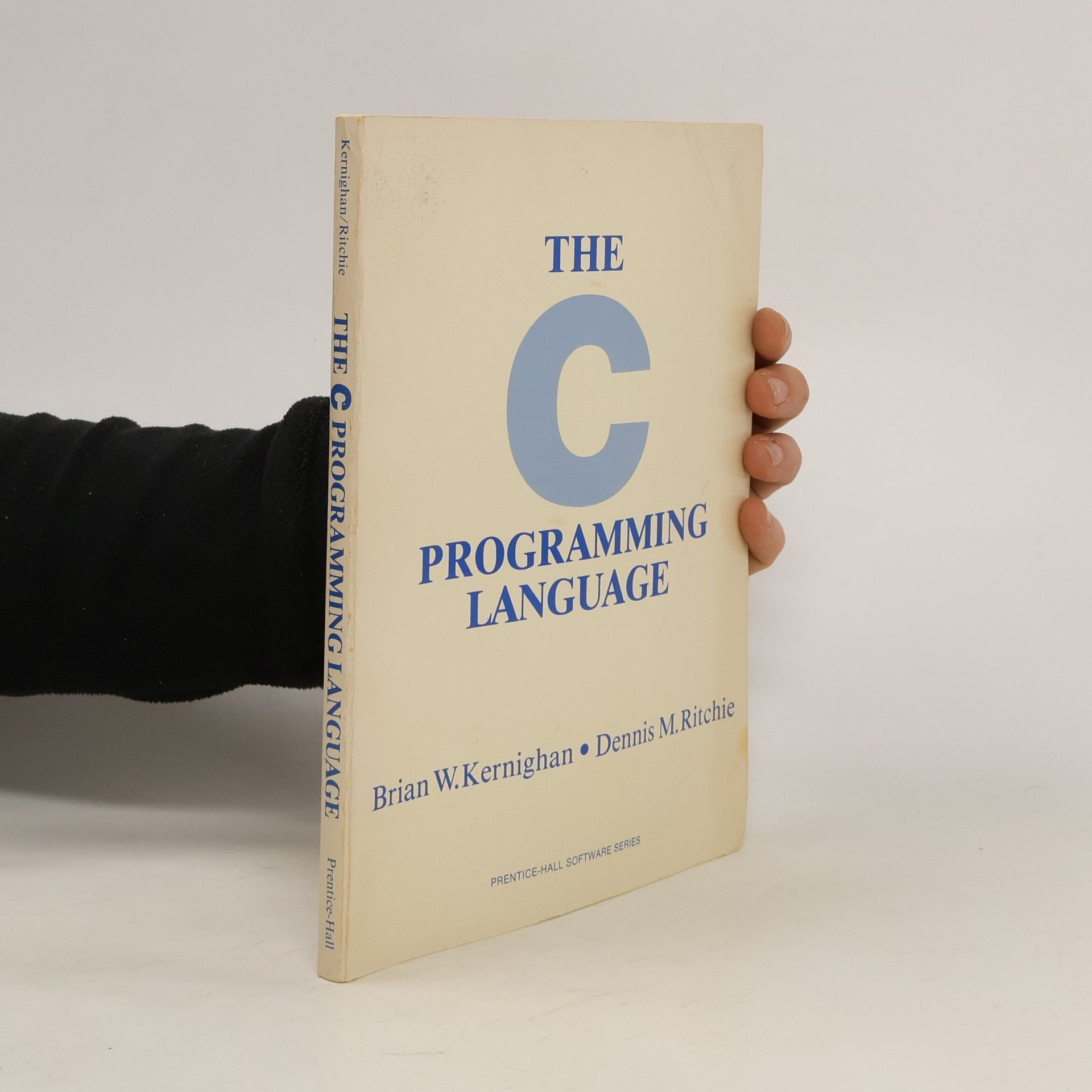Język ANSI C. Programowanie wyd. 2
- 328 pages
- 12 hours of reading
Drogi Czytelniku, trzymasz w rękach nowe wydanie klasyki literatury informatycznej. Książka, napisana przez twórców języka ANSI C, w przystępny sposób przedstawia jego arkana. Język ten, choć wymagający systematyczności i skupienia, oferuje wiele możliwości i doskonałe wyniki. Jest najczęściej nauczanym językiem programowania, stanowiąc solidny fundament do nauki bardziej złożonych języków. Mimo upływu lat, C wciąż jest ceniony i niezastąpiony w wielu dziedzinach. Dzięki tej książce zdobędziesz pełną wiedzę o języku C, poznając wszystkie typy, operatory i wyrażenia. Nauczysz się sterować wykonywaniem programu oraz korzystać z funkcji. Szczególną uwagę poświęcono wskaźnikom, które sprawiają trudności początkującym programistom. Zaznajomisz się także z funkcjami wejścia i wyjścia, dowiadując się, jak uzyskać dostęp do plików, formatować dane wyjściowe oraz obsługiwać błędy. Książka obfituje w przykłady, które zostały przetestowane przez autorów. To niezbędna pozycja dla każdego studenta informatyki, pasjonata programowania oraz profesjonalisty. Wraz z książką dołączono zeszyt z rozwiązaniami do wszystkich ćwiczeń. Zawiera ona m.in. zmienne, wyrażenia arytmetyczne, kompilację kodu, preprocesor, metody sterowania programem, struktury danych oraz rekurencję. Poznaj tajniki języka C!








